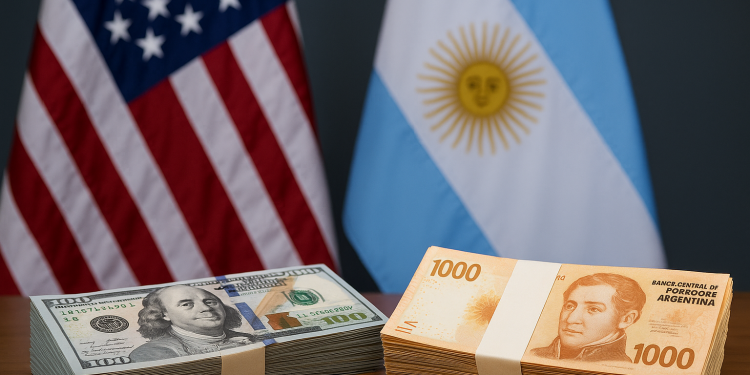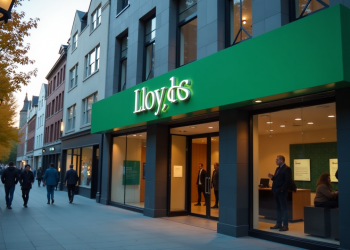Investors are bracing for a fresh round of volatility in the currency and bond markets in Argentina, before midterm elections on Sunday that will determine the course of President Javier Milei’s economic reform agenda.
Though President Javier Milei isn’t on the ballot, the performance of his La Libertad Avanza party will effectively serve as a referendum on his high-stakes stabilisation program and sweeping austerity drive — a strategy endorsed by his ally, US President Donald Trump, and rewarded with a $20 billion US swap credit line.
The stakes are considerable. Argentina’s financial markets have come under heavy pressure in recent weeks.
The peso has slumped to a record low against the dollar, while the country’s international bonds — last year’s standout in emerging markets — are poised to turn negative in 2025.
Political risks mount amid tight race
Trump’s recent warning that he would “not waste more time” on Argentina if Milei loses has fueled tensions.
Investors see this as evidence of the transactional nature of present US-Argentina relations.
According to market participants, this reliance on political alignment makes the investment picture more binary—either substantially favourable or sharply negative, depending on the election results.
The vote on Sunday will renew half of Argentina’s lower chamber of deputies and one-third of the Senate.
Milei’s coalition requires around one-third of the votes in each house to prevent any attempts to overturn his expenditure vetoes.
Analysts believe that obtaining 35% or more of the vote would be a strong outcome for the government, given Milei’s 30% in the first round of the 2023 presidential election.
Some investors believe that a poor result will cause a dramatic correction.
Without strong congressional backing, Milei may struggle to keep US support and access to the swap line, which has been a critical financial lifeline.
On the other hand, a strong performance may spark a short-term surge, though economists warn that most of the optimism has already been priced in.
Markets split on election outcome
Max Capital, a local brokerage, thinks that current bond prices reflect expectations of a four-point victory for the left-leaning Peronist opposition.
A greater performance by Milei’s La Libertad Avanza may boost government bonds by as much as 15%, they suggested.
Meanwhile, the Trump administration is allegedly in talks with US banks about establishing a $20 billion fund to purchase Argentine sovereign debt, indicating Washington’s significant financial participation.
However, the sustainability of such support is contingent on Milei retaining his current policy direction.
Conditional US backing and economic uncertainty
US backing for Buenos Aires is contingent on the observance of Milei’s fiscal and monetary rules.
Milei’s party, according to analysts at JPMorgan, is expected to hold onto enough seats to keep him with veto power, which would calm investor nerves but may not speed up structural reforms or lower risk premiums.
In that case, they said, the US would probably increase its support, reducing political risks that have been a burden on markets.
Yet analysts warned that anything less than a decisive win for Milei’s party could shake confidence in his political longevity, including a possible re-election in 2027.
This midterm ballot is more than just about what the immediate economic market will react to, but rather the staying power of Milei’s reform mandate for the investors.
The post Investors brace for Argentina’s midterm vote as Milei’s reform drive faces crucial test appeared first on Invezz










